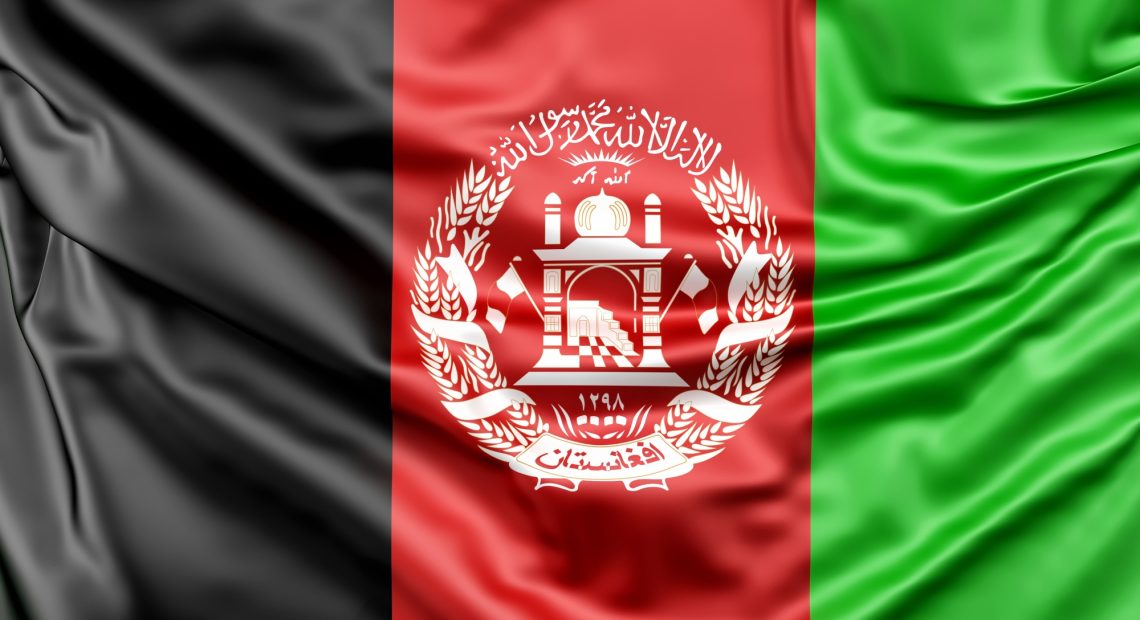
Pakistan and Afghanistan Vow to Prevent Cross-Border Terror Attacks
In a significant diplomatic breakthrough, Pakistan and Afghanistan have agreed not to allow terrorist activities to be launched from their respective territories against each other. The understanding comes amid growing regional concerns over cross-border militancy and marks a critical step toward rebuilding strained ties between the two neighbors.
The announcement follows high-level meetings between security and diplomatic representatives from both countries, where the mutual threat of terrorism emerged as the central issue. Both sides agreed on the urgent need to prevent the use of their soil for attacks and reiterated their commitment to peaceful coexistence and respect for each other’s sovereignty.
Renewed Push for Regional Stability
This agreement signals a fresh attempt to reset relations, which have long been marred by mistrust, border skirmishes, and accusations of harboring hostile elements. For years, Pakistan has accused Afghanistan-based militants of launching attacks in its tribal regions, while Afghanistan has pointed fingers at terror networks operating from Pakistani territory.
The latest commitment seeks to put an end to this cycle of blame and retaliation. By pledging mutual non-aggression through territorial protection, both countries have opened a path toward enhanced bilateral coordination on intelligence sharing, border security, and counter-terror operations.
The move has been cautiously welcomed by international observers and regional partners who have consistently urged the two countries to collaborate on eliminating safe havens for extremist groups. It also aligns with broader goals of ensuring regional security in a zone already burdened by political instability, insurgent violence, and economic hardship.
Implementation and Future Outlook
Despite the optimism surrounding the announcement, implementation remains the biggest challenge. Success will depend on sustained political will, transparent communication channels, and verifiable mechanisms to monitor cross-border activity. It will also require both countries to clamp down on non-state actors who have often acted as spoilers in peace efforts.
The agreement also comes at a time when regional dynamics are shifting rapidly, with greater international pressure to ensure security cooperation in South and Central Asia. If followed through, this pact could set a new precedent for trust-building and regional collaboration.
As both Islamabad and Kabul move forward, the world will be watching closely—not only to see whether words are followed by action but to assess whether this marks the beginning of a new chapter in bilateral and regional stability.


















